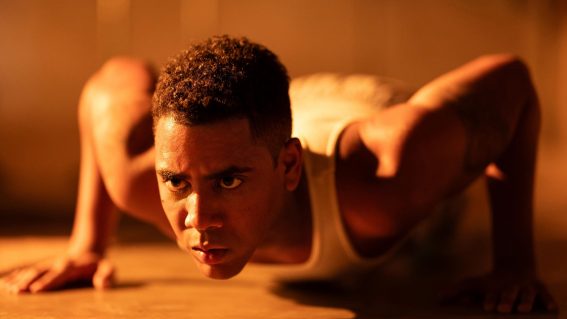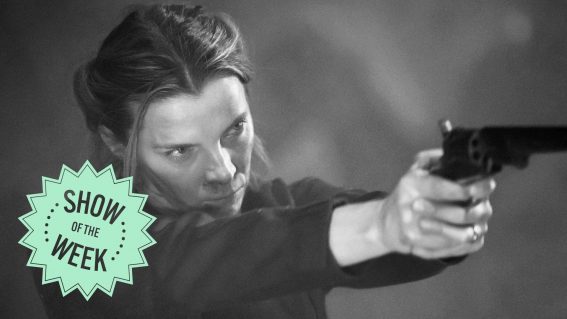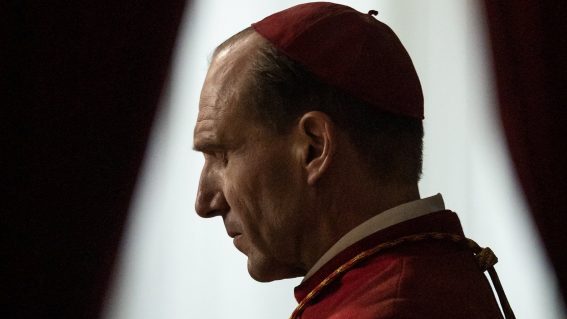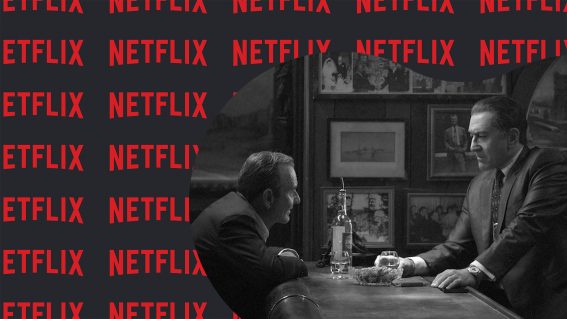Elijah Wood and Ant Timpson on the magic of reuniting for family adventure Bookworm
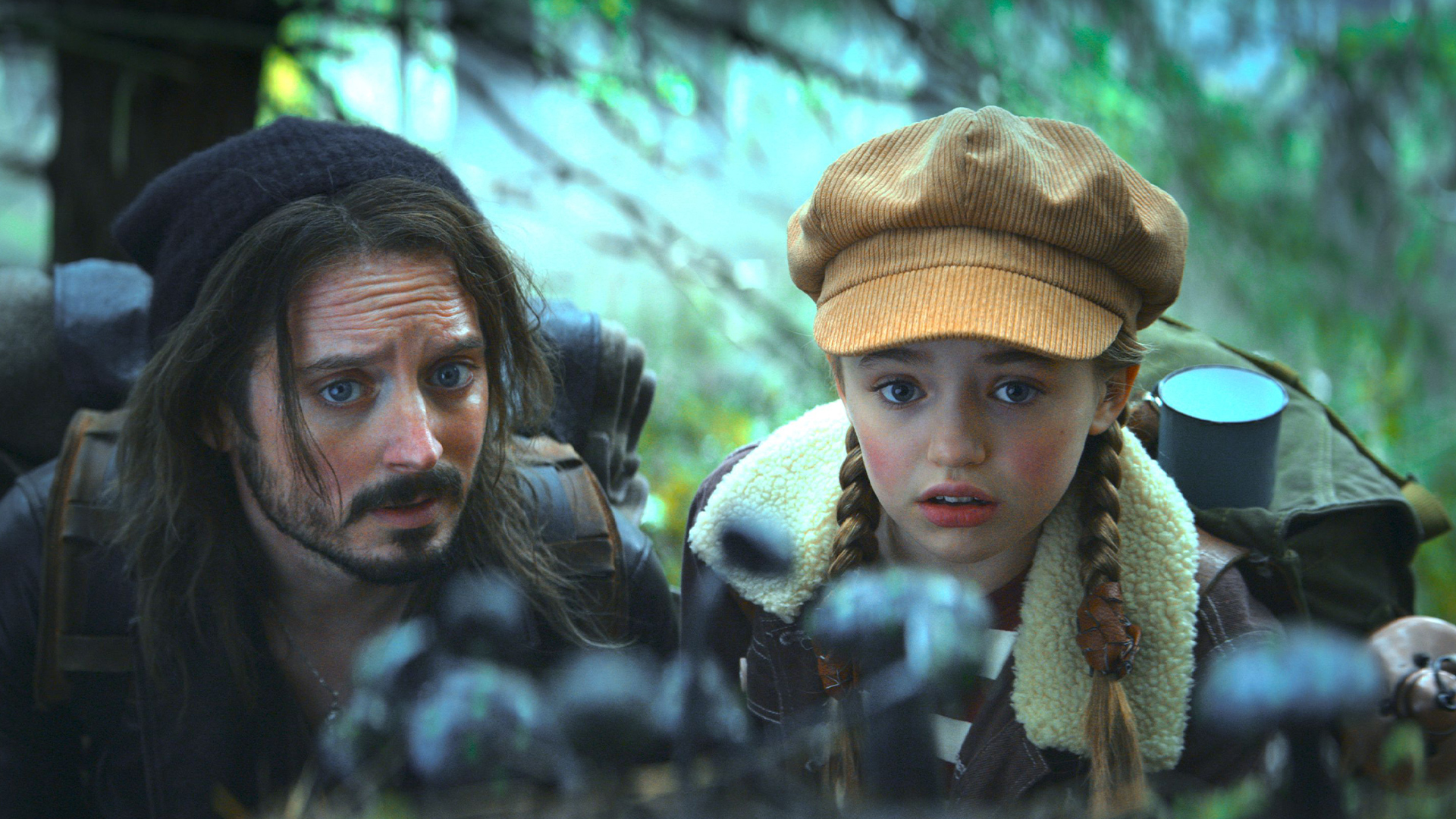
As we enjoy our summer, Flicks editor Steve Newall shares some of his favourite reads of the year.
Elijah Wood returns to New Zealand as a washed-up illusionist on a wilderness adventure in Ant Timpson’s Bookworm. Steve Newall spoke to the actor and director about getting the Come to Daddy gang back together for what’s perhaps an unexpectedly family-friendly affair.
Ant Timpson has been a totemic figure in Aotearoa cinema culture, helping to broaden our moviewatching habits and—at times—test our endurance. Founder of the Incredibly Strange Film Festival and the annual 48HOURS filmmaking competition, among roles in all facets of the NZ film industry, Timpson is known as a producer internationally (The ABCs of Death, Turbo Kid, The Greasy Strangler) and then as a feature film director himself with 2020’s Come to Daddy.
As someone who’s proved no stranger to controversial subject matter over the years, it may come as a bit of surprise to some that Ant Timpson’s second movie carries a PG rating—and is a family adventure of the kind that’s largely missing from multiplexes. A film of reunions, Bookworm brings Timpson back together with his Come to Daddy leading man Elijah Wood (who found himself shooting in New Zealand again after a long absence) in a tale that sees an absent father trying to prove himself to his young daughter in the Aotearoa wilderness.
Wood plays washed-up illusionist Strawn Wise, who flies in from the US to take care of his daughter Mildred (Nell Fisher of Evil Dead Rise and the upcoming Stranger Things: Season 5) when her mum’s hospitalised. The bookworm of the title, Mildred is precociously intelligent, dismissive of her dad, and determined to head out into the mountains and claim a reward for photographic evidence of the maybe-mythical Canterbury Panther. Eager to make a good impression, Strawn goes along with Mildred’s plan, and the mismatched pair find themselves on an unlikely adventure.
I’m careful to describe Strawn as “an illusionist” in this piece, because when Ant Timpson and Elijah Wood join me to talk Bookworm, I initially make the mistake of asking if “magicians” are passé. Timpson corrects me immediately. “We like to refer to Strawn Wise as an illusionist—and he would as well”. Fair.
“I think what is passé is a certain genre of magician,” Wood says. “The spectacular Vegas show kind of magician feels a little like a different era. I feel like David Blaine changed the game a little bit in that regard and had a lot to do with that because he wore street clothes. There was no sort of pomp and circumstance, there wasn’t an illusion, per se—in the grand scale. It was street magic.”
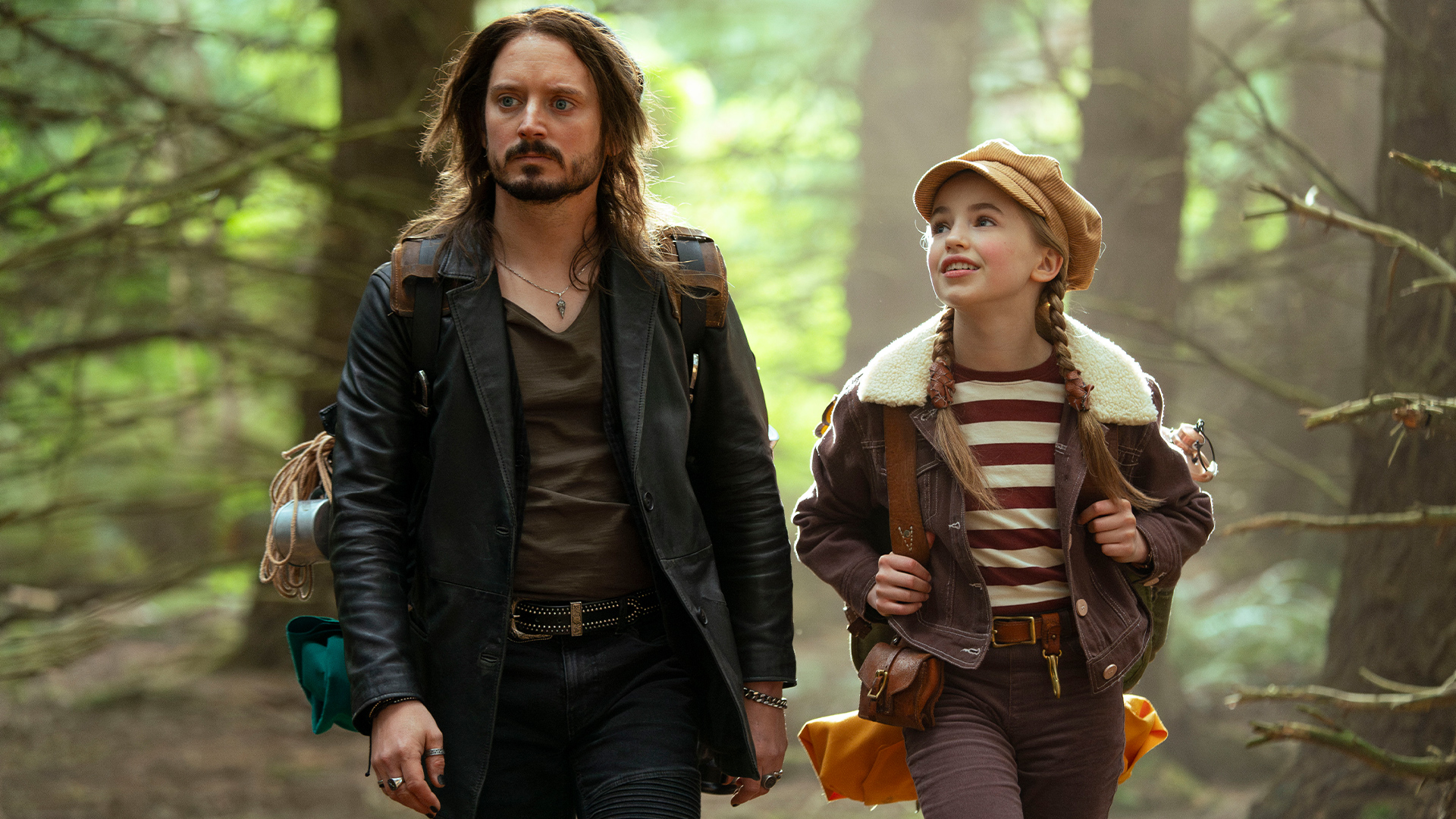
Wood’s character Strawn Wise is modeled ever so slightly off of a Criss Angel type, he shares, a little bit rock n’ roll, a little bit of a showman. He comes into the movie with the kind of bravado and confidence of a magician type that Wood suggests doesn’t really exist anymore—although Timpson has second thoughts about this. The Bookworm director recalls a poster being made for the character that he thought was so over the top—but then getting an email promoting an illusionist’s upcoming performance at a massive New Zealand venue. It was the same vibe, the same sell, as what Strawn Wise was putting out there.
“So when you say the lustre is worn off, it definitely hasn’t for a certain breed,” Timpson says. “They’re still out there. They’re still hustling. People want to believe in magic, Steve! Like, the world is a toilet at the moment.”
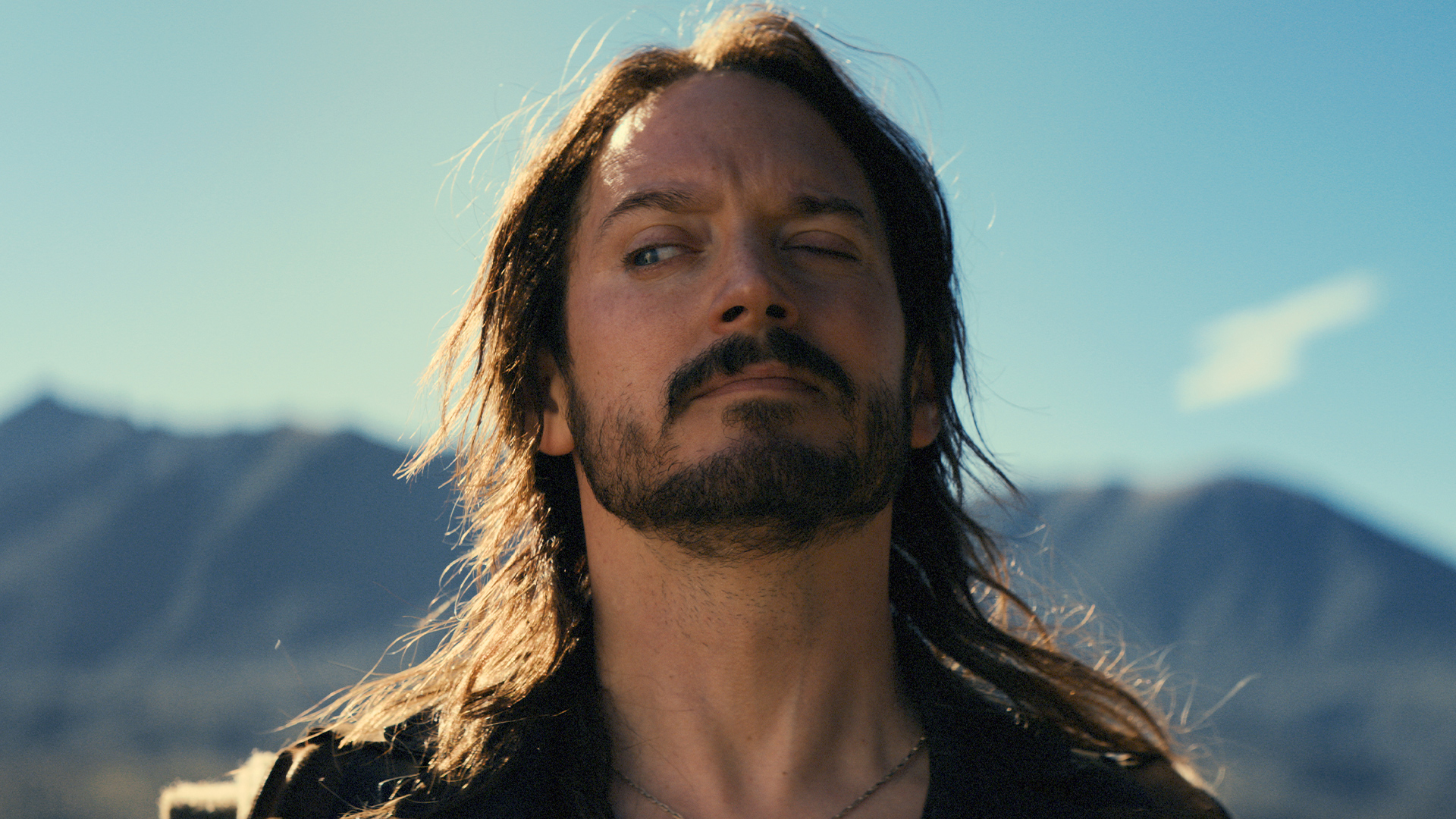
It really is, so you can’t deny anyone a bit of magic to feel better. Just like you can’t deny I’m drawing a very long bow with my next question. Magic requires a suspension of disbelief, I observe, and so does your line in the film, Elijah, that you “don’t understand New Zealand money” (in reality, he’s spent a damn sight longer here than actual NZ citizen Peter Thiel). So what’s Elijah Wood’s favorite and least favorite thing about New Zealand money?
“My favourite thing about it, is that it is that you can put it in the wash, and then it won’t disintegrate,” he says when he’s done laughing. Money laundering, okay. “You can also look through its plastic panels if you want, potentially hiding yourself behind your money to sort of peer at someone or something.”
This checks out, as does Wood’s understanding of global currency fluctuations. Noting that maybe this has more to do with the American dollar, his least favourite thing is how well the American dollar did 20 years ago, in comparison to the New Zealand dollar: “One with American dollars could double their money, which is no longer the case.”
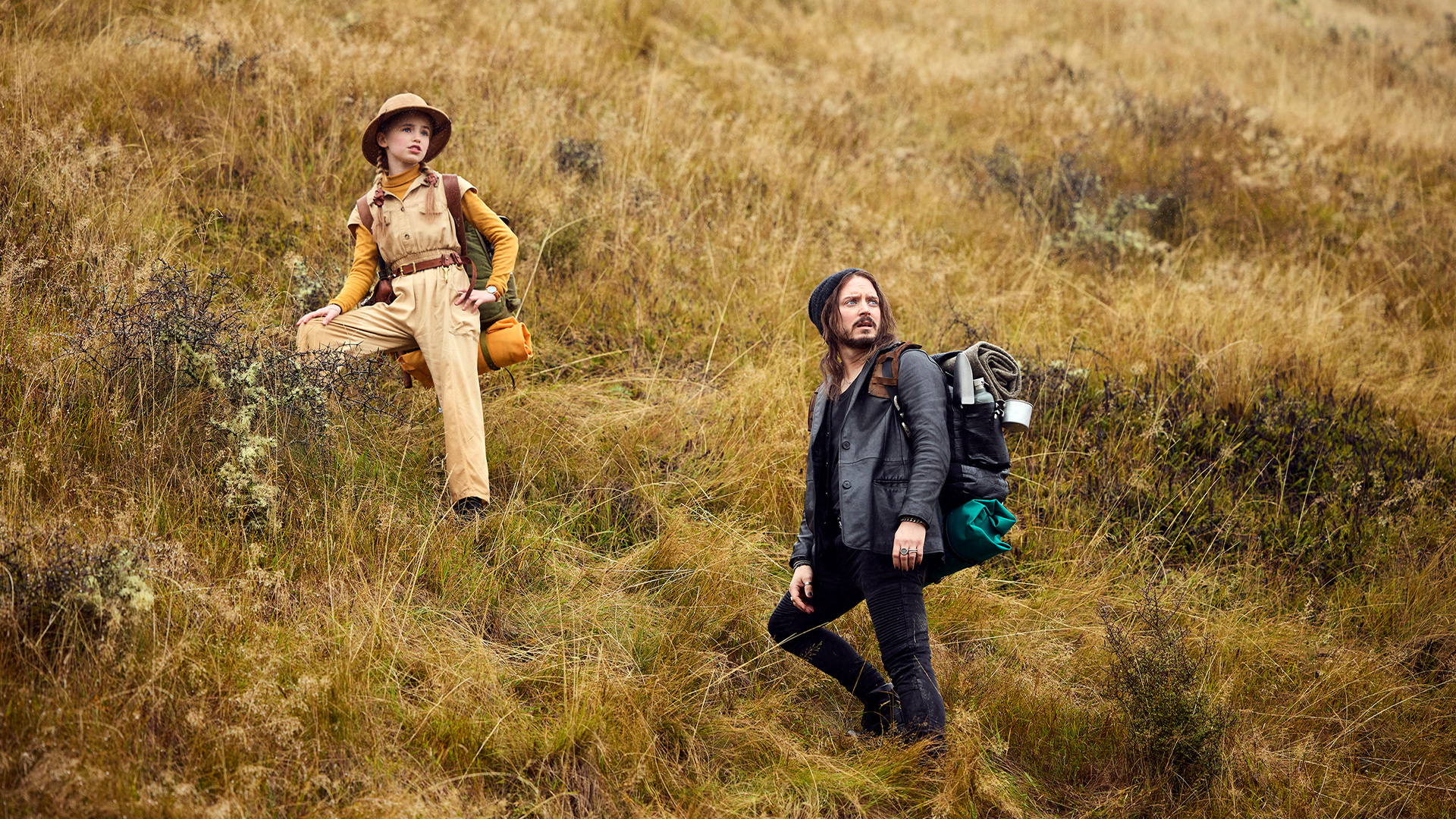
This is exactly the sort of content you came to a cinema and streaming site to read, I know I know. But it’s ok—we talk about Bookworm some more, too. Timpson has previously spoken about a parenting experience fueling the idea for this film, but the details don’t lend themselves to a soundbite, at least not beyond Timpson’s description of “a fun family Sunday afternoon that went into, you know, Revenant territory relatively quickly”.
Timpson describes this as a time of crisis, with his kids in jeopardy “You don’t step up as a movie hero in those moments, you scramble and you just try to make the best of a terrible situation,” he says. “You wish you were a better person.”
He notes, too, that Bookworm co-writer Toby Harvard (Come to Daddy, The Greasy Strangler) had his own fears of being a dad that they could bond over. “We wanted to make a wilderness movie,” Timpson elaborates. “We wanted to put someone under a lot of duress and kind of peel back layers of male insecurities for comedic effect.”
Elijah Wood hasn’t had a similar experience with his own kids—“not yet”—but loved the idea of getting the creative band back together. After having made Come to Daddy with these guys, Wood found the way Bookworm offered another angle on fatherhood, male insecurity and vulnerability to be really interesting. He speaks of loving working with Ant, loving Toby’s sensibility as a writer, and Daniel Katz’s cinematography—“putting those things together and towards a very different kind of movie, you know, a low stakes adventure, a father-daughter comedy in the wilderness”.
He’s never really made anything quite in this genre before, Wood tells us. It had all of the same sensibilities that he loved about Come to Daddy “but in something that was slightly more palatable for all audiences”.
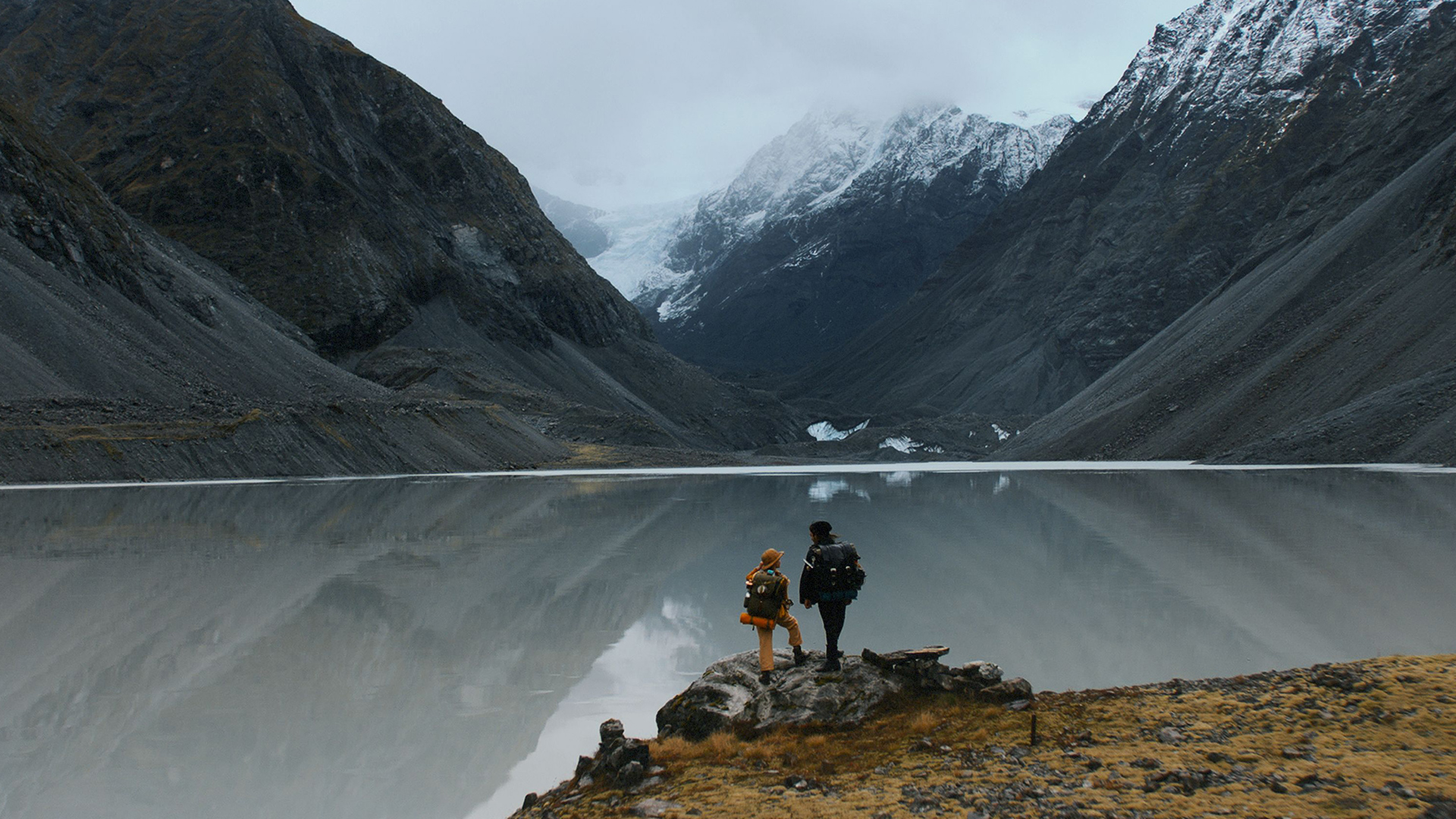
With Wood having spent quite some time in the New Zealand wilderness a couple decades ago, I was curious about how the Bookworm shoot compared to those larger projects. “It was more like a local, small campsite in comparison to the almost circus-like size of The Hobbit, which was about twice the size of what we had on Rings,” he says. While the scale was smaller, he found the shoot was no less imbued with the energy and commitment that comes with a New Zealand crew. Coming back here to shoot after so long, and on a smaller scale, solidified the sense of a “can do”, problem-solving dedication to the work that Wood says New Zealanders have.
“It really made an impression on me when we were making Rings,” Wood recalls. “It has inspired me since, and was lovely to come back to.”
At the time we’re chatting, the world premiere of Bookworm is just a couple of hours away—as the Opening Night film of Montreal’s lauded Fantasia International Film Festival. Known for its genre programming, the festival’s choice of a family film as opener might seem a little unexpected. Wood picks up what I am putting down: “It is, presumably for everyone, but it still has an undercurrent of all the genre trappings that we love.” There’s oddball characters and twists, he says: “And it still seems to satiate a lot of this genre.”

“It’s so embedded in Toby and I that I don’t think we can escape it even if we try to,” Ant Timpson says of genre elements in film. “It’s still got all the same sensibilities, the weird outré stuff that’s in Come to Daddy and other films we’ve done.” He describes taking Bookworm to Fantasia Fest as a homecoming to a fest he’s been attending since 1999, while acknowledging that some attendees might have specific expectations (“whether it’s, you know, heads exploding or whatever, which Fantasia is famous for a lot of time”).
Over the years, the festival has really expanded out the types of films they play, Timpson adds, highlighting 2024 selection The Count of Monte-Cristo as an example of how Fantasia has become pretty broad in terms of its reach now and the types of films they play. But that’s tomorrow night for Ant and Elijah. Tonight’s all about Bookworm. Timpson has just tested it out on the enormous cinema screen, and feels really good about the premiere: “I watched a few bits on the screen, and now I’m getting jazzed again,” he says. “It should be nerve-wracking, but I don’t feel anything yet.”
That’s an attitude that turns out to be justified by the response to Bookworm‘s first outing. The pic “absolutely worms its way into your heart…” says Film School Rejects, while IndieWire labels the film “adorable, complex, and deliriously entertaining”. There are plenty more superlatives and positive reactions out there—which we can expect to see more of when local audiences get to experience Bookworm in the coming weeks.
This interview has been edited for length and clarity. Originally published by Flicks on July 31, 2024.







